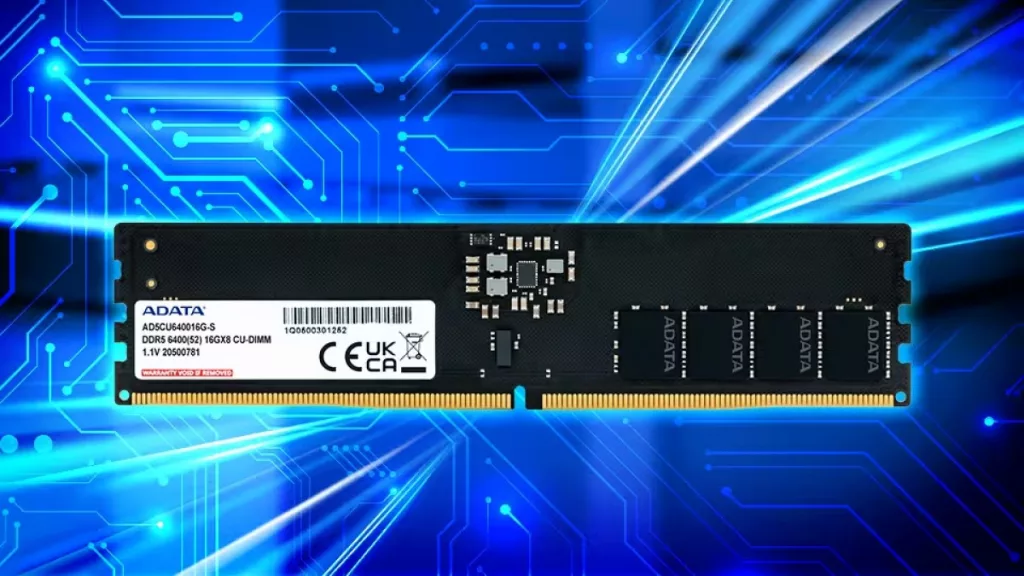
It’s no secret that AI facilities require significant resources to run, but according to one industry exec, they are consuming parts at a staggering rate as well. At this point, most might be desensitized by headlines regarding how many units of any particular product NVIDIA is moving for AI purposes, but there’s less media coverage regarding other electronic parts being gobbled up in the race for AI supremacy. ADATA chairman Chen Lebai said in a speech (via Commercial Times, PC Gamer) that we are at an unprecedented historical crossroad where all four of the major memory and storage product lines, including DRAM, NAND, and SSD/HDD, are in short supply.
In his speech, Libai identified AI industry leaders such as Google, OpenAI, Microsoft, and AWS for spending billions of dollars to procure storage and memory products. He states that this has, in turn, led manufacturers to prioritize orders to them, thus leading to shortages for OEM and consumer markets: “Our competitors in the fight for supply are no longer our peers, but giant CSPs (cloud service providers).”
“In the past, our competition for supply was with module manufacturers, but now we’re competing with CSPs that are a hundred times larger. The demand is strong, and we’re not canceling orders.”
Chen Libai – Founder, chairman, and CEO of ADATA Technology
ADATA staff have reportedly been instructed to prioritize sales to “key” customers while sparingly offering products to others. More than likely, they are not the only manufacturers doing the same practice because, as the expression goes, “follow the money,” and most companies are not going to turn away billion-dollar orders. ADATA just happens to be the one publicly speaking about it.
Meanwhile, prices for DDR5 memory, Gen4, and Gen5 SSDs have been steadily dropping over much of 2025. However, that could be about to change as Libai also predicted the current demand to remain bullish into 2026. For those still using DDR4 memory, it’s been a bit of a rollercoaster ride throughout Q4 25 as manufacturers began winding down production, leading to higher prices and less supply. There have been numerous technological advances in HDD offerings with larger storage capacities, faster transfer speeds, and lower prices, but if the ADATA Exec’s statements prove to be true, those prices could soon rise dramatically.
